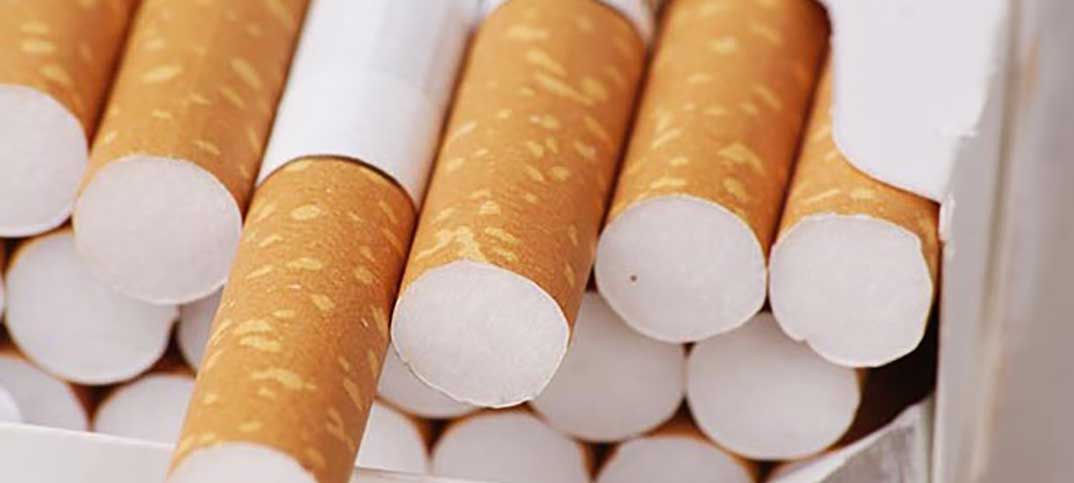The Government needs to realise the scale of the illicit tobacco problem and put money towards fighting it, the convenience industry has said.
The calls came as a covert operation run by trading standards discovered almost £1m-worth of illicit products in England – an 18% rise in two years.
‘Operation Henry 2’ – a joint project with the Department of Health – uncovered a 7% increase in the availability of cheap cigarettes since 2014, and a 43% increase in illicit rolling tobacco.
More than half of the stores that sold illegal products were repeat offenders, prompting a call for the Government to invest more into taking punitive action.
ACS chief executive James Lowman demanded that the Government wake up and take notice of the funding needed to tackle the illicit tobacco trade.
“Retailers who are found to persistently trade illicitly should feel the full force of the law,” he said.
“The Government has powers in place to ban illicit traders from continuing to sell tobacco, but they’re rarely used. The maximum fine is significant, but typically fines are very small.”
"There doesn’t appear to be a strategy in place to tackle the illicit trade"
Joga Uppal, One Stop Mount Nod, Coventry
Mo Razzaq, owner of two stores in Glasgow, agreed. “The Government never did anything in the first place to clamp down on the illicit trade,” he said. “It’s almost as if they’re not interested.”
“Retailers have had enough of the Government saying one thing and doing another – they say they’re going to support small businesses, but they’re allowing this to happen.”
Joga Uppal’s One Stop Mount Nod store is in Coventry, West Midlands – the worst-hit area with 68% of premises visited found with illicit stock.
“We know it goes on in the city centre. There are a lot of problems with counterfeit alcohol too, which HMRC doesn’t seem to crack down on,” he said.
“With plain packaging and price rises about to come in, it’s likely to have a bigger impact on our store. More needs to be done, because at the moment there doesn’t appear to be a programme or strategy in place to tackle it.”
Blackburn retailer and spokesperson for the Tobacco Retailers’ Alliance Suleman Khonat said a lack of investment in fighting it was fuelling the black market.
“Government cuts to trading standards mean resellers are less likely to be caught,” he said.
“But money alone will not solve this problem; the real problem is the very high price of tobacco, which only tax reform can resolve.”
Giles Roca, director general at the Tobacco Manufacturers Association, agreed that the UK’s tax policy was driving the increase in illegal sales.
“The black market is driven by the high tax levels of UK duty-paid tobacco, which has been exacerbated by policies [such as] plain packaging,” he said.
“This produces guaranteed profits for smugglers, while the duty escalator guarantees that profits will increase every year. We believe the Government needs to pause and review the impact that a decade of tobacco control measures has had on retailers, consumers and the black market before it publishes its smoking control strategy later this year.”
NFRN chief executive Paul Baxter said: “More has to be done to burst this ballooning market. The NFRN wants the government, trading standards, police and HMRC to do more to combat the illegal trade.”
The West Midlands was the worst area in England for illicit trade, with 68% of visits resulting in seizures. The South West was the least affected.
Trading standards confiscated 2.9 million cigarettes and 1,279kg of RYO from premises across England, an 18% increase compared to 2014.Click here for more on Retail Express’ Smoke Them Out campaign.





Comments
This article doesn't have any comments yet, be the first!